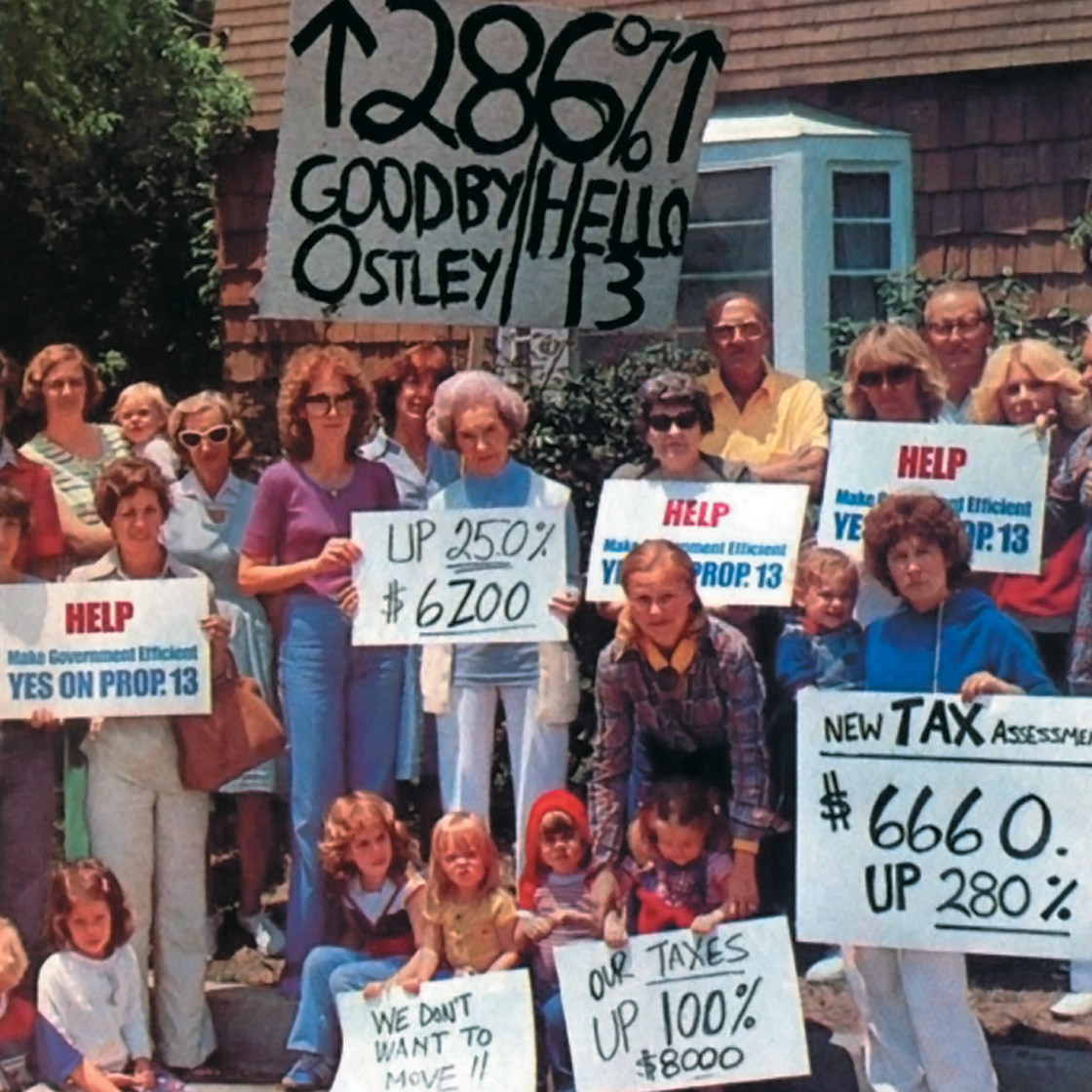Emergence of a Grassroots Movement.
Printed Page 823 Chapter Chronology
Emergence of a Grassroots Movement. Hidden beneath Lyndon Johnson's landslide victory over Arizona senator Barry Goldwater in 1964 lay a rising conservative movement. Defining his purpose as "enlarging freedom at home and safeguarding it from the forces of tyranny abroad," Goldwater argued that government intrusions into economic life hindered prosperity, stifled personal responsibility, and interfered with individuals' rights to determine their own values. Conservatives assailed big government in domestic affairs but demanded a strong military to eradicate "Godless communism."

The grassroots movement supporting Goldwater's nomination was especially vigorous in the South and West, and it included middle-class suburban women and men, members of the rabidly anti-Communist John Birch Society, and college students in the new Young Americans for Freedom (YAF). A number of Sun Belt characteristics made it strong in places such as Orange County, California; Dallas, Texas; and Scottsdale, Arizona. Such predominantly white areas contained relatively homogeneous, skilled, and economically comfortable populations, as well as military bases and defense production facilities. The West harbored a long-standing tradition of Protestant morality, individualism, and opposition to interference by a remote federal government. That tradition continued with the emergence of the New Right, even though it was hardly consistent with the Sun Belt's economic dependence on defense spending and on huge federal projects providing water and power for the burgeoning region.

The South, which also benefited from military bases and the space program, shared the West's antipathy toward the federal government. Hostility to racial change, however, was much more central to the South's conservatism. After signing the Civil Rights Act of 1964, President Lyndon Johnson remarked privately, "I think we just delivered the South to the Republican Party." Indeed, Barry Goldwater carried five southern states in 1964.
Grassroots movements proliferated around what conservatives believed marked the "moral decline" of their nation. For example, in 1962 Mel and Norma Gabler got the Texas board of education to drop books that they believed undermined "the Christian-Judeo morals, values, and standards as given to us by God through ...the Bible." Sex education roused the ire of Eleanor Howe in Anaheim, California, who felt that "nothing [in the sex education curriculum] depicted my values. ...It wasn't so much the information. It was the shift in values." The Supreme Court's liberal decisions on school prayer, obscenity, and abortion also galvanized conservatives to restore "traditional values."
In the 1970s, grassroots protests against taxes grew alongside concerns about morality. As Americans struggled with inflation and unemployment, many found themselves paying higher taxes, especially higher property taxes as the value of their homes increased. In 1978, Californians revolted in a popular referendum, reducing property taxes by more than one-half and limiting the state legislature's ability to raise taxes. What a newspaper called a "primal scream by the People against Big Government" spread to other states.